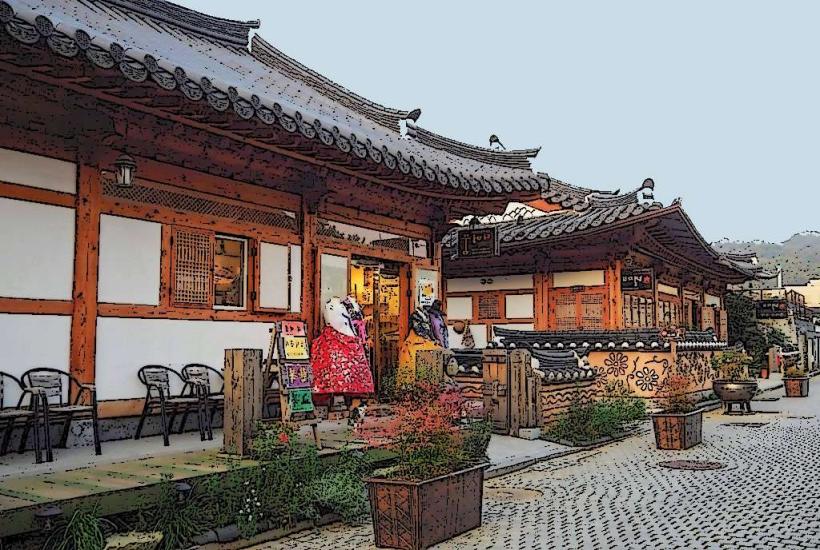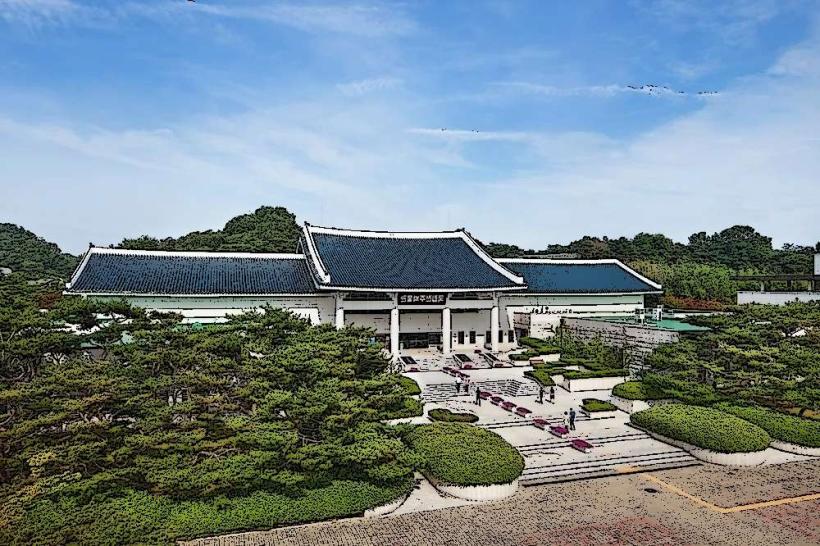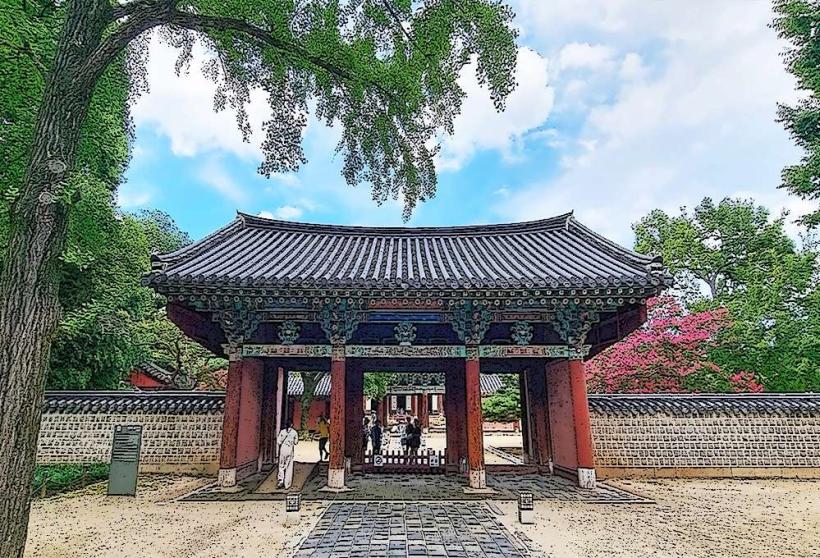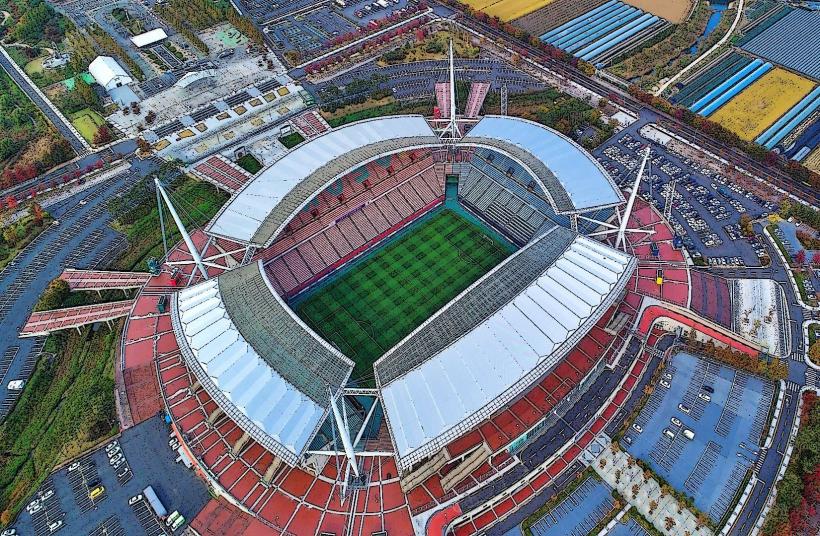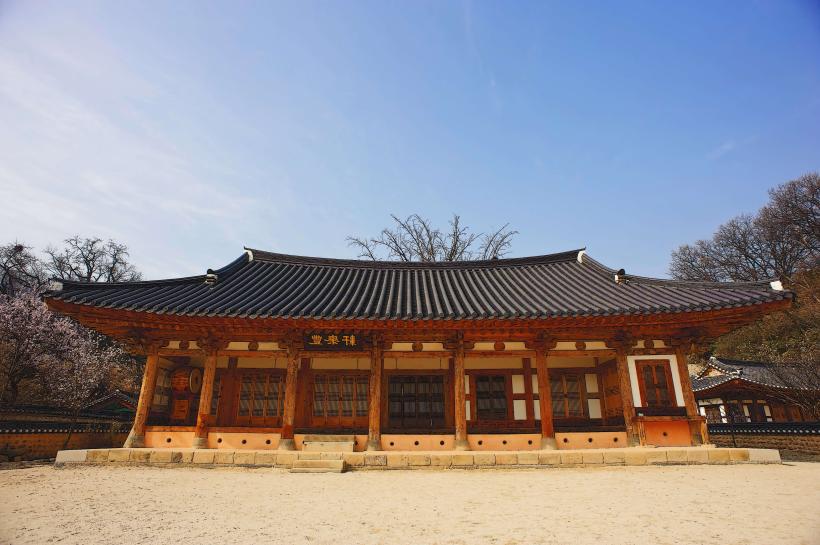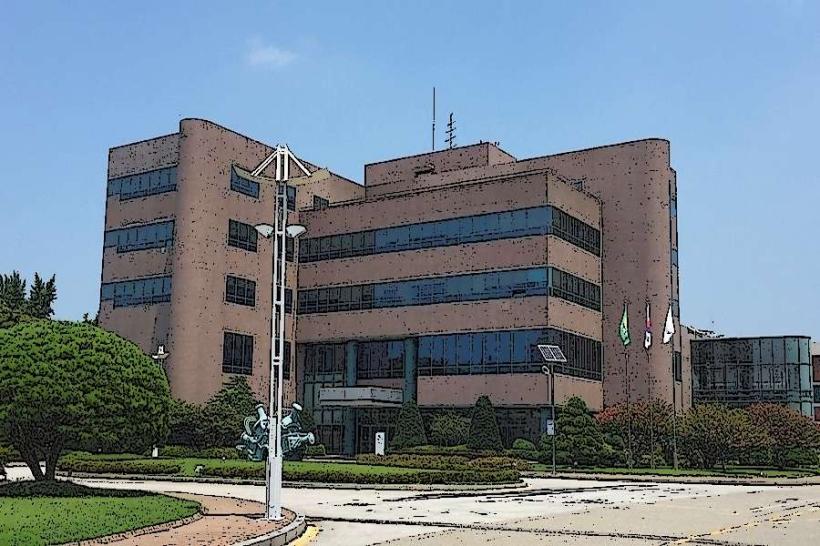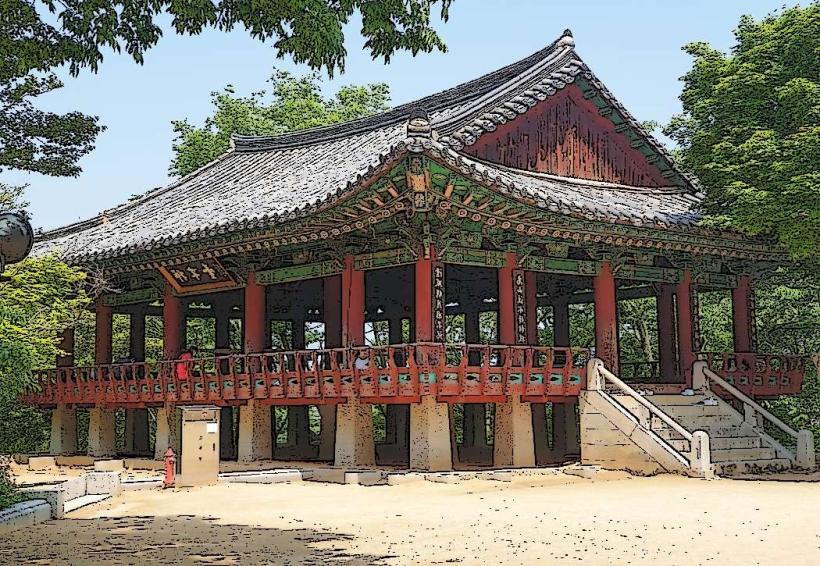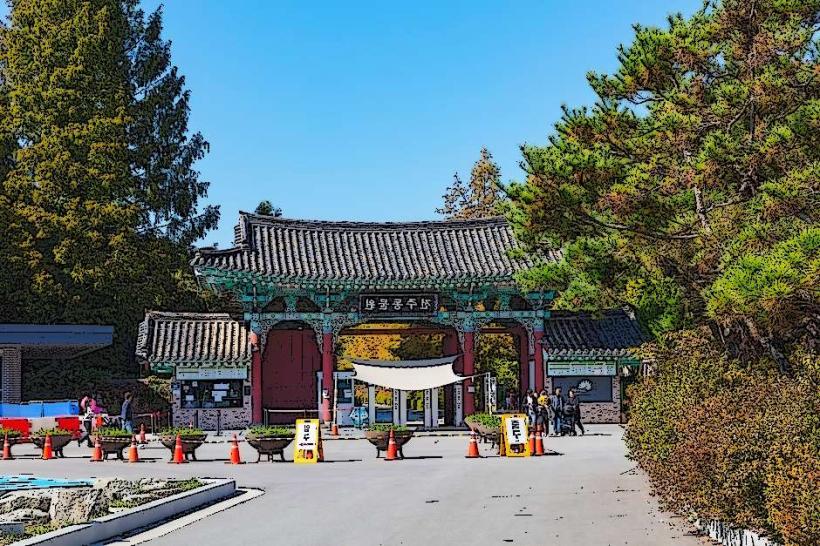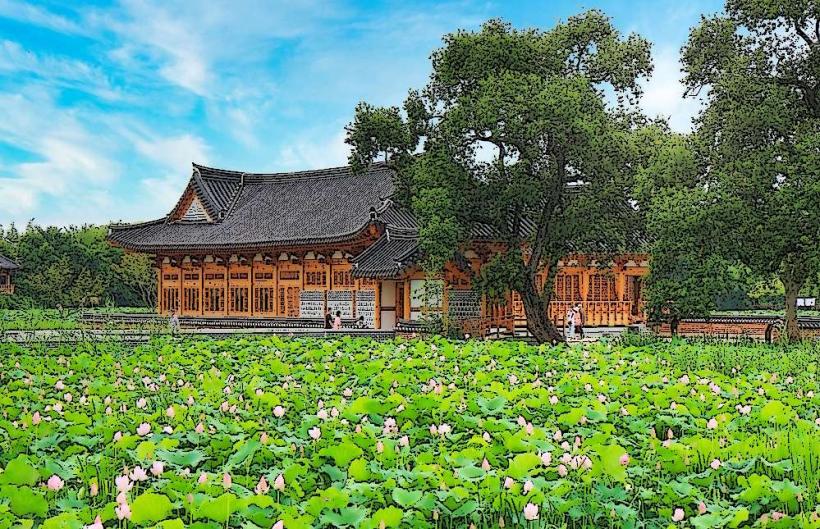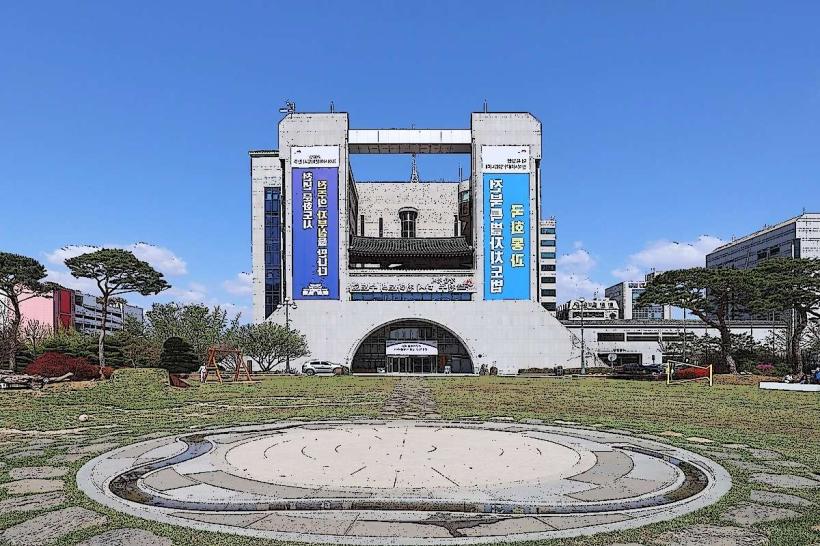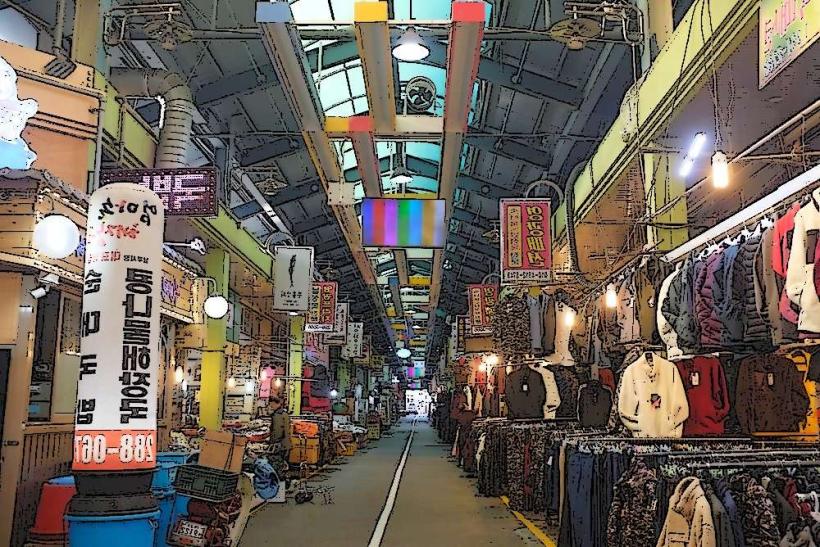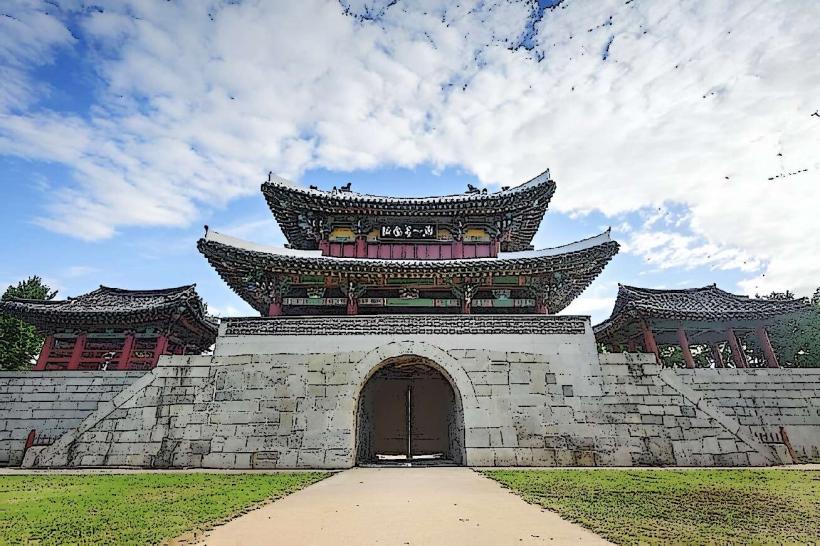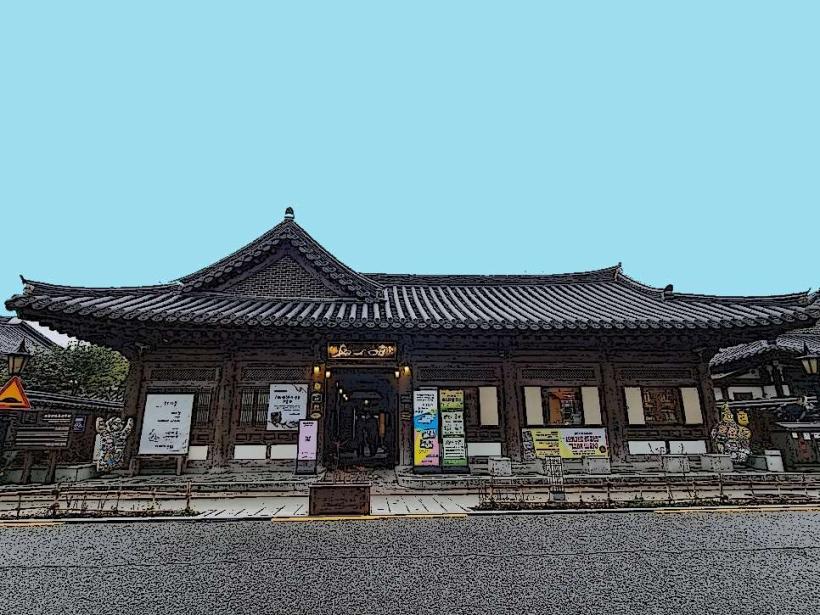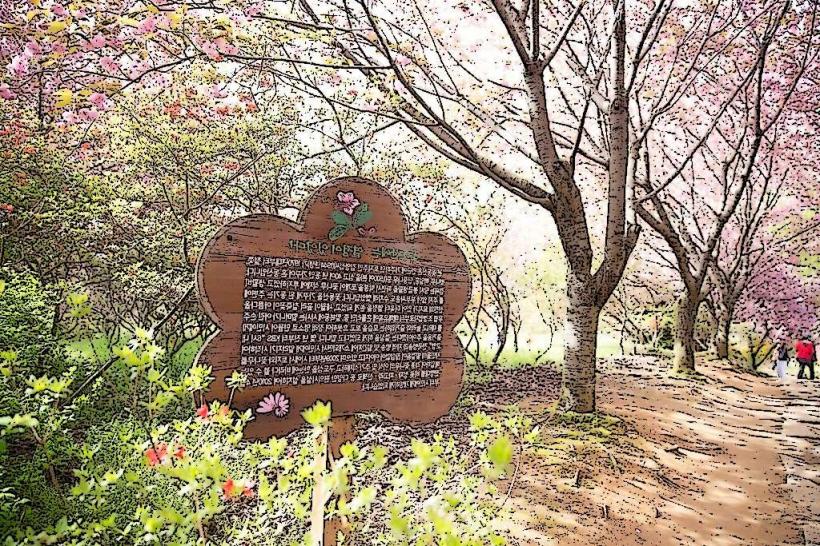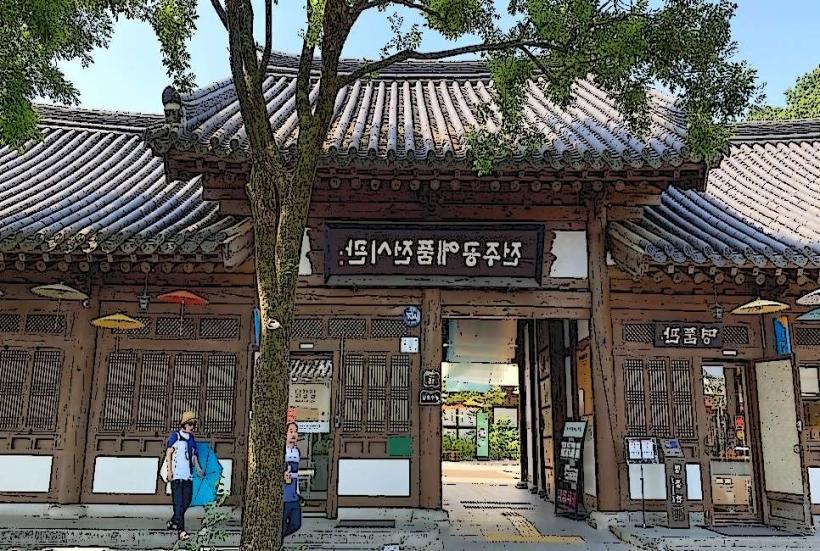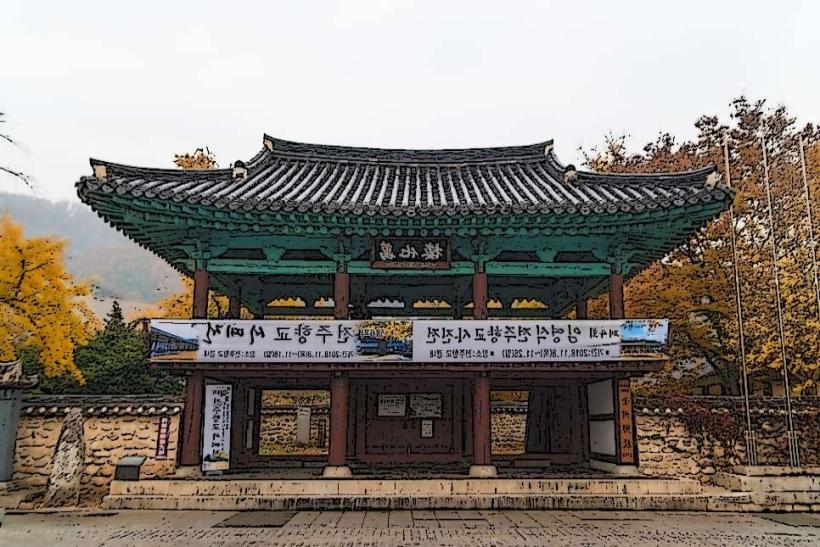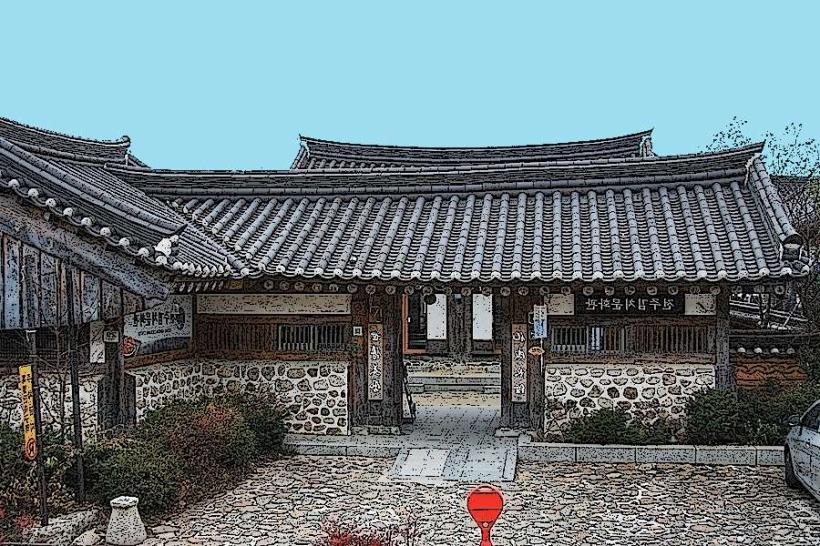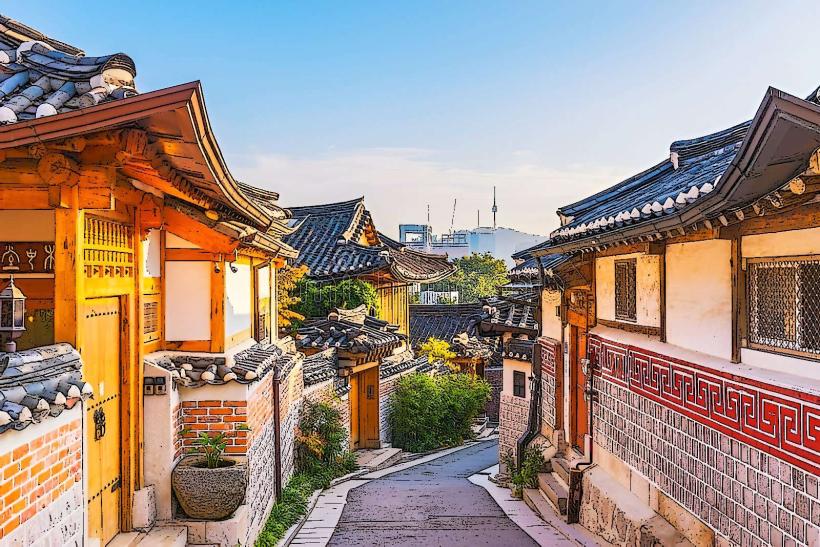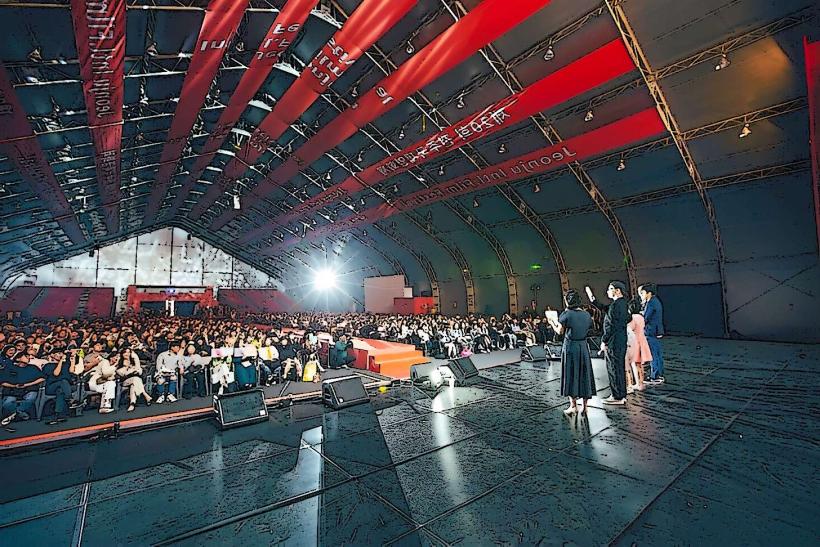Information
Landmark: Jeonju HyanggyoCity: Jeonju
Country: South Korea
Continent: Asia
Jeonju Hyanggyo, Jeonju, South Korea, Asia
Jeonju Hyanggyo is a Confucian academy located in the city of Jeonju, South Korea. It served as a center for Confucian learning and ritual.
Visual Characteristics
The structure is composed primarily of wood and stone. The main buildings feature dark tiled roofs and white-washed walls. The complex includes several traditional Korean houses (hanok) with intricate wooden joinery. The grounds are landscaped with mature trees and a central pond.
Location & Access Logistics
Jeonju Hyanggyo is situated within the Hanok Village, approximately 1.5km southwest of Jeonju Station. Access is via local roads within the village. Limited street parking is available in the vicinity, with larger parking lots located at the entrance to the Hanok Village. Bus routes 79, 109, and 542 stop near the village entrance.
Historical & Ecological Origin
Established in 1419 during the Joseon Dynasty, Jeonju Hyanggyo was founded to educate scholars in Confucian principles. It was rebuilt in its current location in 1598 after being destroyed during the Imjin War. The site is a designated historical monument.
Key Highlights & Activities
Visitors can observe the traditional architecture of the lecture halls and dormitories. The central courtyard offers a space for quiet contemplation. The site hosts occasional cultural demonstrations related to Confucianism.
Infrastructure & Amenities
Restrooms are available on-site. Limited shaded areas are provided by trees and building overhangs. Cell phone signal (4G/5G) is generally good within the complex. Food vendors and restaurants are located within the surrounding Hanok Village.
Best Time to Visit
Morning hours, between 9:00 AM and 11:00 AM, offer optimal lighting for photography of the structures. Spring (April-May) and Autumn (September-October) provide pleasant weather conditions for exploration.
Facts & Legends
A local tradition states that students who visit the Hyanggyo and show respect may experience improved academic fortune. The main hall, Myeongnyundang, was historically the site of lectures and examinations.
Nearby Landmarks
- Jeonju Hanok Village (0.1km North)
- Omokdae and Imokdae (0.3km West)
- Jeonju National Museum (1.2km Southwest)
- Jaman Mural Village (0.8km East)

